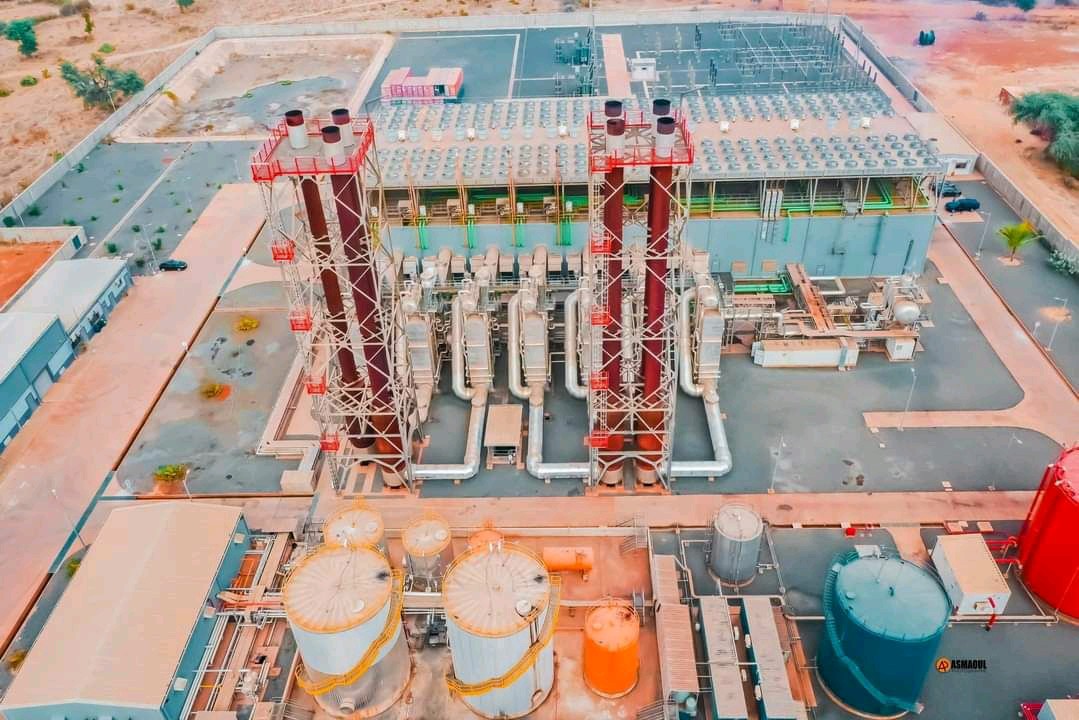Read more
Hawilti released an important new study on Gas for Africa in partnership with the International Gas Union (IGU), assessing the potential for domestic gas resources to energise Africa in line with the global energy transition. The African Energy Commission (AU-AFREC) and the Africa Finance Corporation endorse the report and its findings. The study starts by analysing current energy poverty trends in Africa, a continent with the lowest electricity per capita consumption in the world and the lowest CO2 per capita emissions. It argues for a pragmatic use of natural gas reserves to support a broad industrial and economic development of Africa in a way that is sustainable and enables a just energy transition. Mickael Vogel, Director & Head of Research, Hawilti “Energy poverty in Africa often boils down to the number of people without access to electricity – 600 million, or without access to clean cooking – 970 million. Unfortunately, this assessment misses the point and can lead to responses and solutions that are ill-adapted to Africa’s development needs. As it argues for a better use of gas, the report calls for more ambitious targets around energy access so that we can both bridge Africa’s energy deficit but also support economic growth and industrialisation.” The ”Gas for Africa” report highlights several ways in which gas can have a positive impact on Africa’s socio-economic development including by switching away from coal and diesel, developing energy-intensive industries and gas-based industrialisation, displacing fuelwood and biomass in households, generating baseload electricity to integrate intermittent energies, and building gas systems that can be decarbonisable in the future with hydrogen, renewable gas, and CCUS. However, a pragmatic utilisation of Africa’s 18 Tcm of proven gas reserves – or 9% of the world’s reserves – calls for a reorientation towards domestic monetisation. Most of the gas produced in sub-Saharan Africa remains exported, with local consumption still limited because of limited infrastructure availability. Additional barriers include limited access to capital, security risks, and policy uncertaint.y To overcome these key barriers to development, a total of eight guiding principles are given as recommendations to help stakeholders and policy makers navigate the complexity of the gas industry: The full report is available for download here.
TotalEnergies has decided to mobilise almost 50% of its global exploration budget to Namibia this year as it hopes to confirm a multi-billion barrels discovery on block 2913b within the Orange Basin. CEO Patrick Pouyanné made the announcement during the company’s 2022 Results & 2023 Objectives presentation this week. The French major will spend $300m on appraising its Venus discovery in the Orange Basin with the mobilization of two drilling rigs and the drilling of several wells. Hawilti’s Offshore Rigs Tracker shows that the Tungsten Explorer is finally on its way to Namibia where it is expected to start drilling this quarter. The drillship will start with the Venus-1A appraisal well before moving to drill new exploration wells into the adjacent Block 2912, also operated by TotalEnergies. Drilling on that second block will target the Nara-1 well and a potential Nara-1A appraisal well, which will both include drill stem tests (DSTs). The second rig, Deepsea Mira, is not expected before the middle of this year and will be mobilized for DSTs operations both at Venus-1A and Venus-1. “We want to accelerate the time to market (…) if we confirm the volumes discovered, there is room for a fast-track development,” Pouyanné added, explaining that the company could be at the helm of a new golden block that would be “a new chapter of the old business”. TotalEnergies hopes to replicate the tremendous success it has had on Block 17 offshore Angola, where it was able to start producing only five years after its initial discovery there. Block 17 is referred to as its “Golden Block” with a total of four floating, production, storage, and offloading (FPSO) vessels commissioned between 2001 and 2014.

